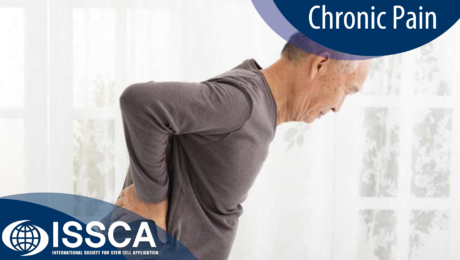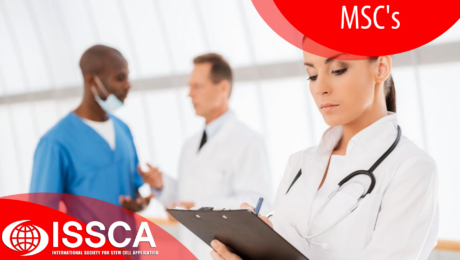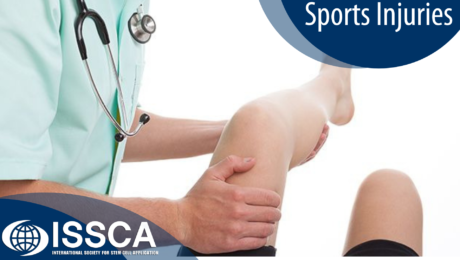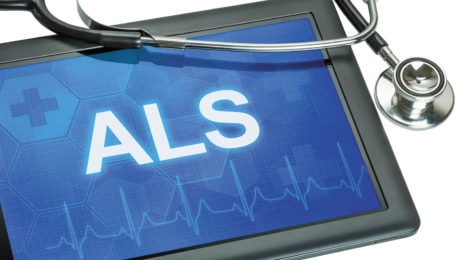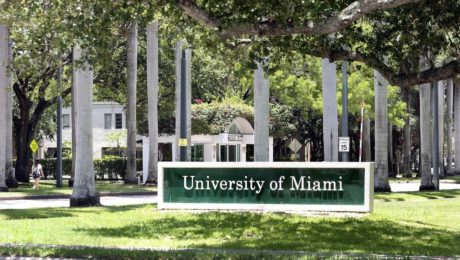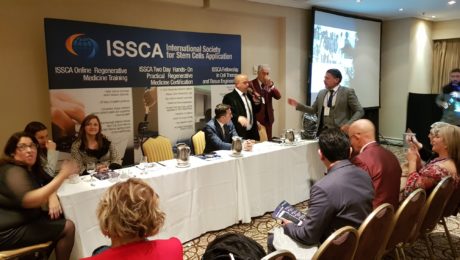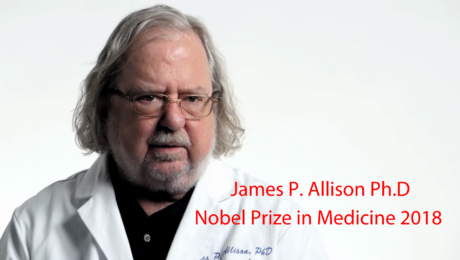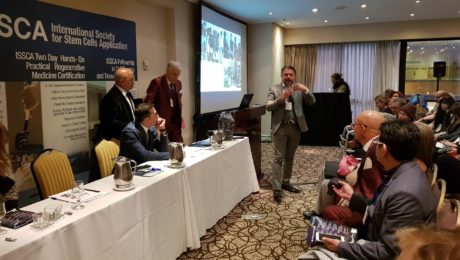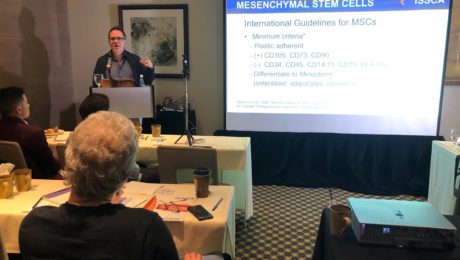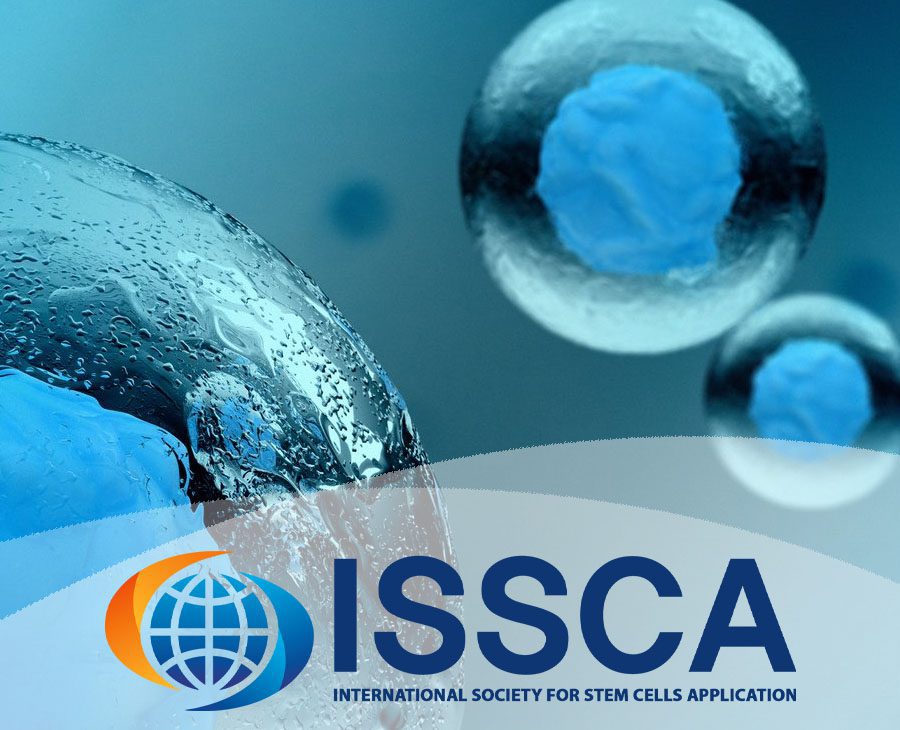What Are The Best Options For Managing Chronic Pain?
Chronic pain is a debilitating condition affecting millions worldwide. Explore effective strategies and treatments to alleviate persistent discomfort.
Understanding Chronic Pain Causes
Learn about the underlying factors contributing to chronic pain, from inflammation triggered by injuries to environmental and physiological influences.
Common Chronic Pain Conditions
Discover prevalent conditions like osteoarthritis, migraine, multiple sclerosis, neuropathy, and fibromyalgia, each posing unique challenges and symptoms.
Impact of Chronic Pain
Understand the profound impact of chronic pain on daily life, including physical limitations, emotional distress, and the risk of opioid dependency.
Management Strategies for Chronic Pain
Explore various treatment approaches recommended by healthcare professionals to manage chronic pain effectively.
Analgesics
Overview of commonly used pain relievers such as NSAIDs, acetaminophen, and aspirin, along with considerations for long-term use and potential side effects.
Anticonvulsants
Explore how anticonvulsant medications like Gabapentin and Lyrica are repurposed to manage chronic pain, highlighting their effectiveness and side effects.
Antidepressants
Learn about the role of antidepressants in treating chronic pain, including tricyclics and SNRIs, and their dual impact on pain relief and mood stabilization.
Opioids
Discussion on the use of opioids for severe chronic pain, emphasizing careful management due to addiction risks and monitoring protocols.
Alternative Medicine
Explore natural remedies and alternative therapies like herbal treatments and cannabinoids, gaining popularity as complementary approaches to pain management.
Could Stem Cell Regeneration (SCR) Be the Solution?
Investigate the potential of stem cell therapy in chronic pain management, including types of stem cell treatments, their benefits, and current research insights.
Types of Stem Cell Therapy
Differentiate between autologous and non-autologous stem cell therapies, highlighting their sources, applications, and potential outcomes.
Research and Effectiveness
Review current studies and findings on mesenchymal stem cell (MSC) therapy, assessing its efficacy in treating conditions like osteoarthritis and neuropathic pain.
Considerations and Risks
Understand the risks associated with stem cell therapy, including tumor formation and immune reactions, balanced against its promising results in pain reduction.
- Published in Blog
MESENCHYMAL STEM CELLS
Over the past decade, cellular therapy has rapidly advanced in both preclinical and clinical settings. Mesenchymal stem cells (MSCs) have garnered significant interest in regenerative medicine due to their unique biological properties.
Characteristics of Mesenchymal Stem Cells
Mesenchymal stem cells are multipotent stromal cells capable of differentiating into various cell types, including osteoblasts, chondrocytes, myocytes, and adipocytes. They play crucial roles in tissue repair, wound healing, and cell substitution.
Sources of Mesenchymal Stem Cells
Initially isolated from bone marrow, MSCs can now be sourced from various tissues such as adipose tissue, dental pulp, umbilical cord, and placenta. Each source offers unique advantages in terms of accessibility and therapeutic potential.
History and Development
The concept of MSCs dates back to the late 19th century with Cohnheim’s hypothesis on fibroblastic cells in wound healing. Alexander Friedenstein’s work in the 1970s further characterized MSCs, demonstrating their colony-forming ability and osteogenic differentiation potential.
Clinical Applications
MSCs have been extensively studied and applied in treating immune-based disorders like rheumatoid arthritis and diabetes, as well as orthopedic conditions such as osteoarthritis and spinal cord injuries. Their immunomodulatory properties make them promising candidates for gene therapy and insulin production.
Current Research and Future Directions
Ongoing research focuses on enhancing MSC therapy efficacy, addressing challenges like tumor formation and immune reactions. Advancements in culturing techniques and understanding MSC behavior in vivo are critical for expanding their clinical applications.
Conclusion
Mesenchymal stem cells represent a pivotal frontier in regenerative medicine, offering new avenues for treating chronic diseases and injuries. Continued research is essential to fully harness their therapeutic potential.
REFERENCES
- Wei X, Yang X, Han ZP, Qu FF, Shao L, Shi YF. Mesenchymal stem cells: a new trend for cell therapy. Acta Pharmacol Sin. 2013 Jun; 34(6):747-54
- Friedenstein AJ, Piatetzky II S, Petrakova KV. Osteogenesis in transplants of bone marrow cells. J Embryol Exp Morphol. 1966;16:381–90
- Friedenstein AJ, Chailakhyan RK, Latsinik NV, Panasyuk AF, Keiliss-Borok IV. Stromal cells responsible for transferring the microenvironment of the hemopoietic tissues. Cloning in vitro and retransplantation in vivo. Transplantation. 1974;17:331–40.
- Pittenger MF, Mackay AM, Beck SC, Jaiswal RK, Douglas R, Mosca JD, et al. Multilineage potential of adult human mesenchymal stem cells. Science. 1999;284:143–7.
- Caplan AI, Dennis JE. Mesenchymal stem cells as trophic mediators. J Cell Biochem. 2006;98:1076–84.
- Wang S, Qu X, Zhao RC. Clinical applications of mesenchymal stem cells. Journal ofHematology & Oncology. Apr 30, 2012;5:19.
- Dominici, M., Le Blanc, K., Mueller, I., Slaper-Cortenbach, I., Marini, F., Krause, D., Deans, R., Keating, A., Prockop, D. and Horwitz, E. (2006) Minimal criteria for defining multipotent mesenchymal stromal cells. The International Society for Cellular. Therapy position statement. Cytotherapy 8, 315–31.
- Published in Blog
Which are the best options For Treating Common Sports Injuries?
As physicians, dealing with sports injuries is a routine challenge. While not usually life-threatening, these injuries can lead to long-term issues if not managed properly. They range from ankle sprains to ACL tears and tennis elbow, affecting athletes’ performance and quality of life.
What Are the Most Common Sports Injuries?
Sports injuries vary widely but often include:
Ankle Sprain
Ankle sprains result from ligament stretching or tearing due to sudden twisting or falls. Without proper treatment, they can lead to chronic pain and instability.
Groin Pull
Common among athletes requiring quick movements, groin pulls involve muscle tears in the inner thigh/groin area, causing tenderness and bruising.
Hamstring Strain
Overstretching the hamstring muscles can lead to tears, requiring months to heal and prone to re-injury without proper care.
Shin Splints
Inflammation of leg muscles from repetitive stress, common in runners and athletes with intense stop-and-go motions.
Knee Injury: ACL Tear
A torn anterior cruciate ligament (ACL) is common in sports requiring sudden stops or direction changes, causing instability and swelling.
Knee Injury: Patellofemoral Syndrome
Damage to knee cap tissues from repetitive movements, often due to muscle weakness or alignment issues.
Tennis Elbow (Epicondylitis)
Ligament strain from repetitive wrist and hand motions, common in sports like tennis or golf.
Traditional Treatment Options & Management Strategies
For mild injuries, rest, ice, compression, and elevation (RICE) along with NSAIDs are recommended. Moderate to severe injuries may require immobilization, rehabilitation exercises, or even surgery for ligament or muscle repair.
Is Stem Cell Therapy An Option For Treating Sports Injuries?
Stem cell therapy is gaining popularity for its ability to promote healing, reduce inflammation, and enhance recovery in sports injuries. It’s particularly effective for tendon, ligament, muscle, and cartilage damage. While debated, it has shown promising results in improving joint function and reducing pain.
- Published in Blog
How To Effectively Treat Amyotrophic Lateral Sclerosis (ALS)
Although a rare neurologic condition, Amyotrophic Lateral Sclerosis (ALS) is the most common type of Motor Neuron Disease (MND), affecting voluntary muscles. This progressive disorder leads to muscle weakness and atrophy due to nerve dysfunction.
Types of ALS
ALS has two types:
- Sporadic ALS: This common type occurs without a clear cause.
- Familial ALS (FALS): Genetic and runs in families due to abnormal gene changes.
Symptoms of ALS
Symptoms include muscle weakness, progressive muscle wasting, difficulty in motor activities, and more.
Causes of ALS
While the exact cause is unknown, genetic changes and environmental factors play roles.
Diagnosis of ALS
Diagnosis involves tests like Electromyography (EMG), Nerve Conduction Study (NCS), and Magnetic Resonance Imaging (MRI).
Treatment Options for ALS
Management includes multidisciplinary support, medication like Riluzole and Edaravone, lifestyle adjustments, speech therapy, dietary plans, and breathing support.
Is Stem Cell Therapy an Option?
Research into Stem Cell Therapy shows promise in delaying disease progression and enhancing motor neuron recovery, though further studies are needed.
- Published in Blog
ISSCA Set to Welcome 13 Speakers at Upcoming Symposium in Miami
The regenerative medicine symposium will be held on the University of Miami campus on October 24, 2019.
MIAMI LAKES, Florida—The International Society for Stem Cell Application (ISSCA) has announced its lineup of speakers for its upcoming Regenerative Medicine Symposium. The symposium will be held on the University of Miami campus in the Donna E. Shalala Student Center on October 24, 2019 and features an impressive lineup of global authorities in regenerative medicine.
ISSCA is a global leader in stem cells research, applications, and education, partnering with major global institutions and locations worldwide to host its independent medical congresses. This year’s symposium hosted on the University of Miami campus will feature industry experts from seven countries, including Spain, Argentina, Bolivia, Colombia, Ecuador, Mexico, and the US. Some notable speakers include the following:
- Dra. Silvina Pastrana from Argentina, who serves as the Medical Director of the Stem Cells Center Buenos Aires. Dra. Pastrana will discuss her experiences in treating patients who suffer from osteoarthritis conditions.
- Dr. Pedro Sanchez hails from Colombia and is a highly regarded regenerative medicine and orthopedic specialist. He currently practices in Bogota where he offers stem cells treatments for people who suffer from orthopedic conditions.
- Dr. Miguel Guillermo Garbe of Spain serves as the president of the country’s Regenerative Medicine Association. He currently leads a seminal investigation on how to increase cardiological function in patients who have suffered from strokes.
- Dr. Roberto Blum from Ecuador has worked in the stem cells field for over 10 years and will share his industry experience with attendees.
- Dr. Victor Pereyra, an Argentinian neurosurgeon, will lecture on how ozone therapy and stem cells could help patients suffering from spinal injuries.
“The symposium will provide an informative day where physicians can learn from global leaders in the stem cells industry with the hopes of bringing new knowledge and treatment options back to their practices for their patients suffering from degenerative diseases.”
To learn more about the ISSCA and its Miami symposium, visit
- Published in News
ISSCA Offers Stem Cells Certification at London’s Chandos House, a Royal Society of Medicine Partner
The intensive workshop to be held in the locale of one of the world’s most distinguished medical education providers
MIAMI LAKES, Florida— The International Society for Stem Cells Applications (ISSCA), a multi-disciplinary community of scientists and physicians collaborating to treat diseases and lessen human suffering through science, technology, and regenerative medicine, has announced a new stem cells certification workshop in London. The two-day workshop, will take place at London’s Chandos House. Chandos House is a partner of the Royal Society of Medicine, a global leader in postgraduate medical education.
With the workshop taking place in a prestigious locale for medical education, attendees can expect to network and learn from the industry’s most respected leaders. Physicians participating in the intensive two-day workshop will take advantage of expert reviews of stem cells biology, characterizations and regenerative properties of cells and cell products, cytokines, and growth factors.
Additionally, attendees will gain a clear understanding of laboratory processes in product validation, cryopreservation, and quality control. Facilitators will also discuss the regulatory landscape in detail with added sessions focusing on practice management and patient acquisition.
ISSCA is teaming up with London-based bioscience company Ludger (https://ludger.com) to provide expanded educational opportunities during the UK workshop. Ludger representatives will offer three additional learning sessions, adding to ISSCA’s traditional certification agenda. Ludger’s sessions include
- Chronic inflammation as a critical parameter in stem cells therapies
- Why biomarkers of acute inflammation cannot reliably measure chronic inflammation
- Glyhealth blood glycomics biomarkers for reliable measurement of CI
“To host one of our certification sessions in London in the shadows of the Royal Society of Medicine is an incredible honor,” said Benito Novas, Vice President of Public Relations for ISSCA. “We strive to offer innovative educational opportunities to practitioners in the regenerative medicine field, and we are excited to bring our renowned stem cells training certification to London’s medical community.”
To learn more about the ISSCA, its latest efforts, and upcoming events, visit https://www.issca.us/.
- Published in News
The Keto Diet: A Miracle Formula Or A Dangerous Risk?
Introduction to the Keto Diet
We live in a world overloaded with diets and eating plans that are all preaching miracle, long term results for weight loss and reducing risks of developing illnesses and diseases.
What is a Keto Diet?
To put it simply, a ‘keto’ or ‘ketogenic’ diet is a low-carb, high-fat diet that puts the body into a metabolic state called ketosis.
Benefits of the Keto Diet
Weight Loss & Appetite Suppression
The biggest benefit of the keto diet and the one most dieters are striving for is weight loss and suppression of appetite.
Diabetes Type 2 Management
A keto diet can help manage diabetes type 2 by controlling glucose levels through reduced carbohydrate intake.
Epilepsy Treatment
Since the 1920s, the keto diet has been used to treat epilepsy, showing significant reduction in seizures for many patients.
Alzheimer’s Disease & Dementia Prevention
Studies suggest that a ketogenic diet may help protect against Alzheimer’s disease and dementia by improving neurovascular function.
IBS & Digestive Health
For those suffering from IBS and other gastrointestinal conditions, a keto diet can lead to significant improvements by reducing carbohydrate intake.
Risks of the Keto Diet
Medical professionals have identified risks associated with the keto diet, including:
- Nutrient deficiencies (selenium, magnesium, vitamins B and C)
- Potential liver and kidney problems
- Constipation and other digestive issues
- “Keto Flu” symptoms due to carbohydrate deprivation
Conclusion
Medical opinions on the keto diet vary. While it offers promising benefits, it also poses risks that should be carefully considered.
Share Your Experience
Have you recommended the keto diet to your patients? What are your thoughts on its benefits and risks?
Final Thoughts
Discussing the potential benefits and risks of the keto diet can help patients make informed decisions about their dietary choices.
These headings help structure the content for better SEO and readability while addressing key points about the keto diet.
- Published in Blog
James P. Allison, PhD. Nobel Prize in Medicine
To improve the on-page SEO for the article on James P. Allison and his work in immunotherapy, here are suggested H2 headings and optimizations:
Introduction to James P. Allison, PhD
James P. Allison, Chair of the Department of Immunology and Director of the Immunotherapy Platform at MD Anderson Cancer Center, has dedicated his career to revolutionizing cancer treatment.
Early Influences and Motivations
Losing his mother to lymphoma and two uncles to melanoma and lung cancer deeply influenced Allison’s decision to pursue cancer research.
Focus on T Cells and Immunotherapy
Allison’s interest in T cells, pivotal warriors of the immune system, sparked during his undergraduate studies at the University of Texas at Austin.
Development of Checkpoint Blockade Antibodies
Allison’s breakthrough involved preventing immune “brakes” from engaging, allowing T cells to continue attacking and eliminating tumors.
Impact of Ipilimumab (Yervoy) on Melanoma Treatment
Ipilimumab, developed by Allison’s team, significantly extended survival rates for patients with metastatic melanoma.
Advancements in PD-1 Blockade Therapy
Further developments in PD-1 blockade therapies have expanded treatment options for various cancers including head and neck, lung, kidney, and bladder cancers.
Future Directions in Immunotherapy Research
Allison’s lab continues to explore combinations of checkpoint blockades to optimize treatment responses across different cancer types.
Integration of Immunotherapy with Traditional Treatments
While not replacing traditional therapies, Allison believes immunotherapy will become integral to comprehensive cancer treatment strategies.
Conclusion: The Future of Immunotherapy
James P. Allison’s contributions have transformed cancer care, offering hope for longer and improved quality of life for cancer patients worldwide.
Share Your Insights
What are your thoughts on the impact of immunotherapy in cancer treatment? Share your experiences and opinions.
Final Thoughts
Understanding the pioneering work of James P. Allison sheds light on the transformative potential of immunotherapy in oncology.
These headings help organize the content for better SEO and readability, highlighting key aspects of James P. Allison’s career and his contributions to cancer research and immunotherapy.
- Published in Blog
ISSCA to Host Conference in Mexico City.
ISSCA affiliates will share new research on clinical applications of stem cell treatments and provide tips on how to strategically grow a private practice.
MIAMI LAKES, Florida—The International Society for Stem Cell Application (ISSCA), a multi-disciplinary community of scientists and physicians collaborating to treat diseases and lessen human suffering through science, technology, and regenerative medicine, will host a two-day conference at the Hotel Barcelo Reforma in Mexico City. The event will take place on May 3-4, 2019 and will feature speakers from across the globe who are currently utilizing regenerative medicine in their medical practices.
Each day of the two-day conference will have a specific focus that will help attendees learn how to align their practices and methods with the regenerative medicine industry’s best practices by providing patients with safe stem-cell based therapies. Those attending will learn first-hand information about the science behind cell therapies and cell-based products. Additionally, conference registrants will learn how to distinguish between the most popular cellular products available on the market and which factors to consider when choosing stem cells as a therapeutic alternative.
Day one of the conference will feature lectures about regenerative medicine’s newest breakthroughs and focus on clinical applications of stem cell treatments using autologous stem cells and allogenic compounds such as cord blood and amniotic fluid from which to derive stem cells.
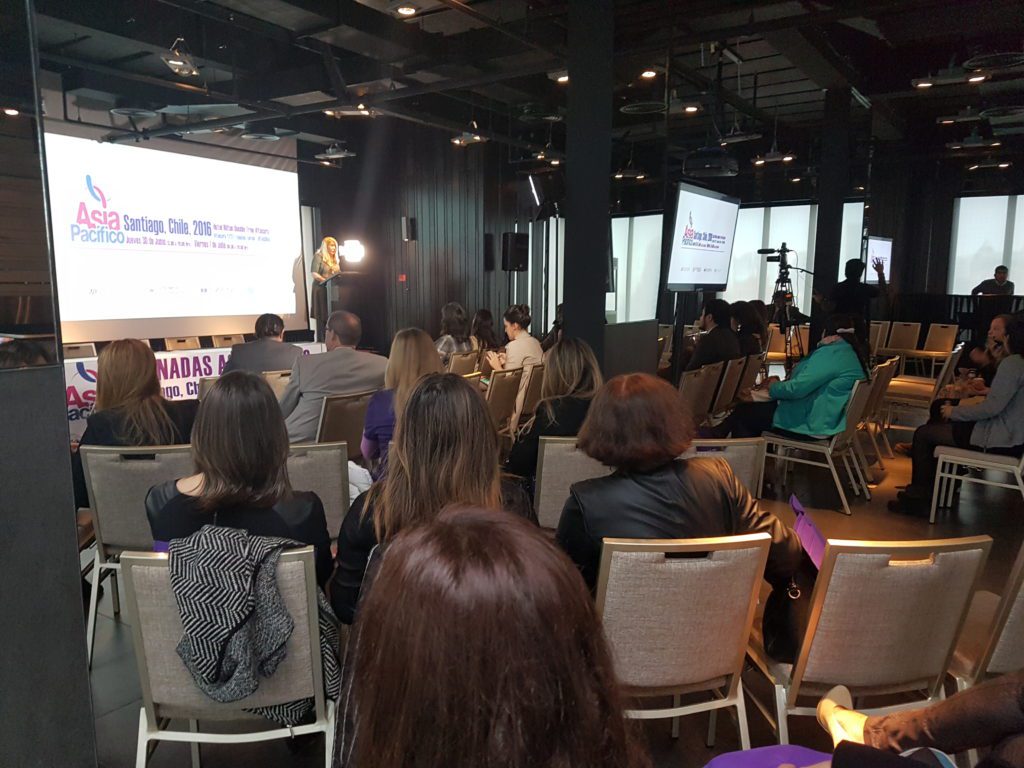
On the second day of the event, Mr. Benito Novas, Global Stem Cells Group CEO, will lead a lecture on the best marketing practices to strategically grow a private medical practice in the regenerative medicine sector and who to include in it. Some topics to be discussed include content marketing, social media management and Facebook and Google ads campaigns.
Over the two-day event, attendees will hear from eight speakers from six countries (US, Mexico, Costa Rica, Argentina, Bolivia and Cuba) discussing their experiences with using regenerative medicine to treat and heal their patients.
To learn more about the Mexico City conference and scheduled speakers, or to register, visit https://www.issca.us/certification-mexico/. To learn more about ISSCA and all of their upcoming and past events, visit https://issca.us/.
- Published in News
Global Stem Cells Group Invited to Speak at Jornadas Mediterraneas Conference.
ISSCA doctors to serve as keynote speakers at international conference and will host an additional stem cells course in Barcelona.
MIAMI LAKES, Florida— The International Society for Stem Cell Application (ISSCA), a multi-disciplinary community of scientists and physicians collaborating to treat diseases and lessen human suffering through science, technology, and regenerative medicine, has accepted an invitation to speak at the XXVIIas Jornadas Mediterraneas de Confrontaciones Terapeuticas en Medicina y Cirugia Cosmetica in Barcelona. The conference will be held on May 23-25, 2019 at the Hotel Barceló Sants, with experts from ISSCA leading the keynote session on May 25th. Following the conference on May 26th,, ISCCA doctors will also be hosting a one-day stem cells course for practitioners of regenerative medicine.
Dra. Maritza Novas of the United States and Dr. Leopoldo Parada of Chile will be speaking on behalf of ISSCA about new therapies based on allogenic compounds such as amniotic liquid, Wharton’s jelly, cord blood, and exosomes and how they present exciting new treatment opportunities for those practicing regenerative medicine.
Drs. Novas and Parada will shed light on new advances in allogenic compound research and share details with regenerative medicine practitioners on how allogenic compounds are safe treatment options for their patients, as they must pass through rigorous quality control in labs before being shipped to medical offices. Additionally, independent tests show that allogenic compounds have better cellular counts than other biological matter. Doctors currently using allogenic compounds have also reported faster treatment times associated with allogenic protocols, citing a 15-minute turnaround time versus 2 hours required to obtain stem cells from their patients.
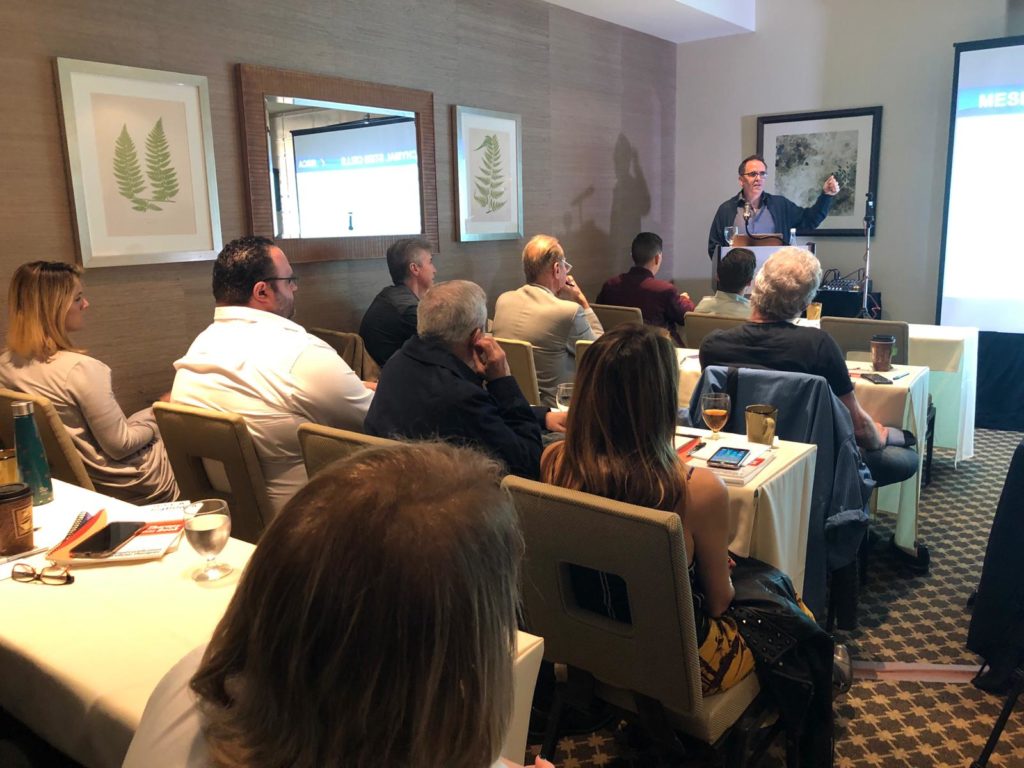
After completing their keynote talk at Jornadas Mediterraneas, Drs. Nova and Parada will be leading a one-day stem cells seminar to discuss in further detail allogenic compound clinical applications and the latest clinical trials. The seminar will wrap up with a live patient demonstration.
ISSCA has attended Jornadas Mediterraneas for the last six years. It is a premier conference in the medical community attracting more than 500 doctors from across the globe each year.
To learn more about ISSCA and all of their upcoming and past events, visit https://issca.us/.
- Published in News
- 1
- 2


